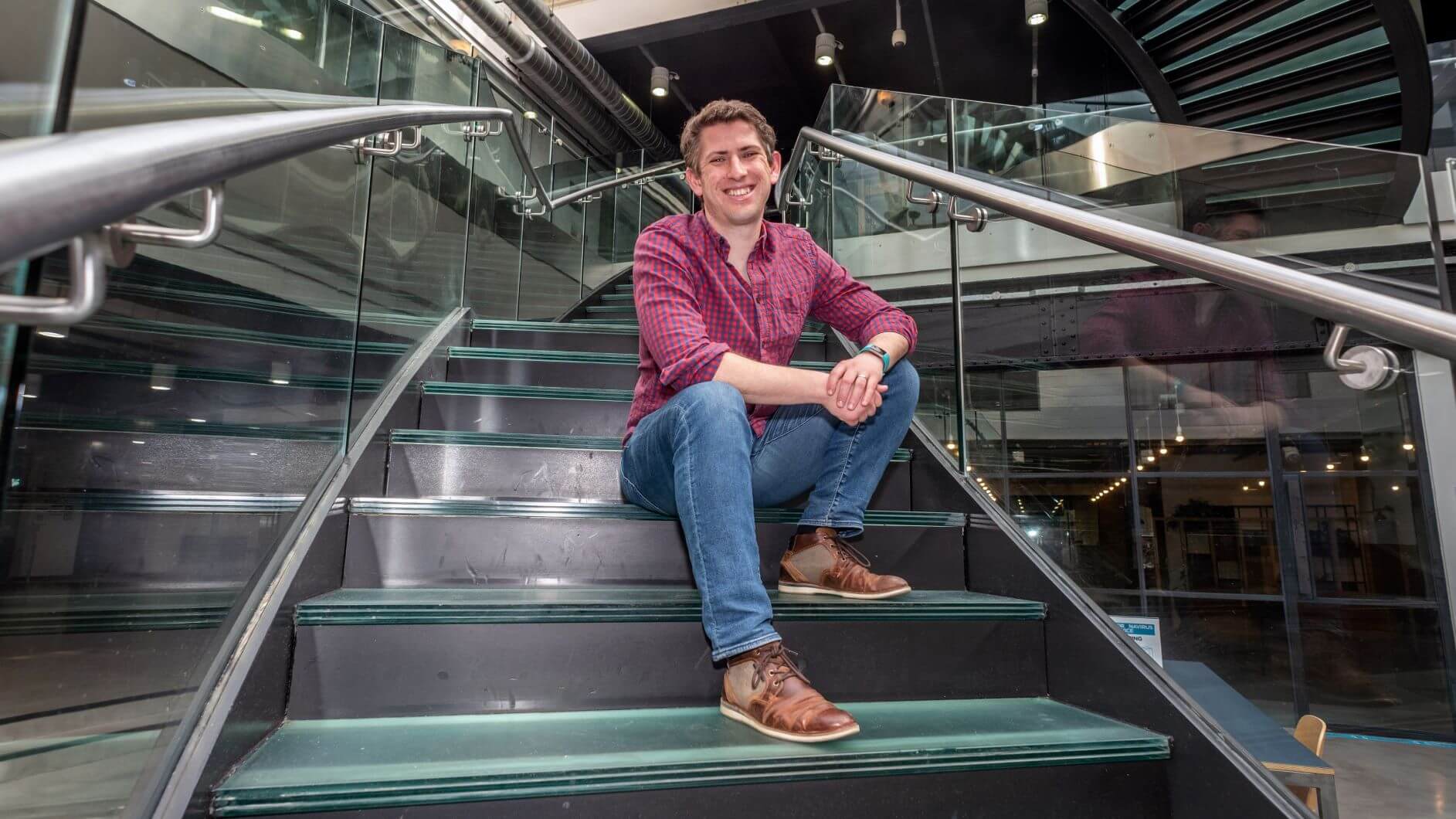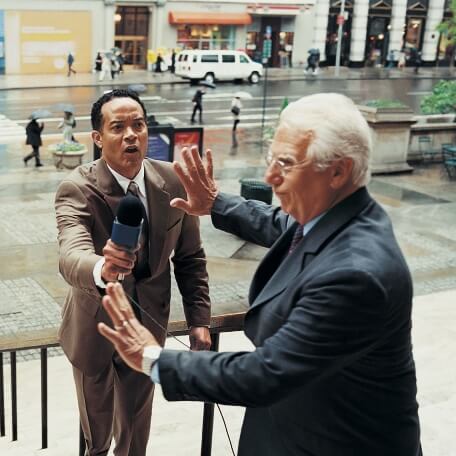Jimmy Williams’ business doubled its customer base during the pandemic. It turned out insuring the treasured items of Generation Rent was a good idea after all, though it’s been a stressful year.
'They Told Us Young People Didn’t Care About Insurance'
Jimmy Williams’ business doubled its customer base during the pandemic. It turned out insuring the treasured items of Generation Rent was a good idea after all, though it’s been a stressful year.

It’s been a busy and stressful 12 months for Jimmy Williams, co-founder and CEO of the tech-powered insurance company Urban Jungle. As the head of a rapidly growing start-up, with investors to please and a young family to look after, life was never going to be easy.
Throw a pandemic and lockdown restrictions into the mix and having to recruit and onboard new staff online, and Williams admits it’s been a challenging time.
“The thing about being a founder is that you are always the founder, 24/7, you don’t get to stop. I do feel the pressure,” he says.
“Even when you are with family and friends, you can't help but think about business. If you were in a job and had this much pressure, you would think about leaving.”
“I feel I have to succeed. This has to happen. I’ve told the world that this is the mission that is going to define my career, and it’s hard to roll back from that. I love it, but you can sometimes feel a bit trapped by what you’ve built, especially when there are lots of others relying on you.”
Tech disruption
Williams founded Urban Jungle in 2016, with former Google employee Greg Smyth, after he had bad experiences while struggling to get cover. His business focuses on providing cover to renters and young millennials, a market some industry insiders doubted would be worth the trouble.
“Loads of people told us that renters and young people didn't care about insurance. They said young people wouldn't want to buy it and that they were too carefree or didn’t have much to insure. They said, because it's not mandatory for renters, there wouldn't be a market for it.
“In the early days, we had a really tough time finding partners and investors and it was a real battle getting off the ground. However, as it turned out, we knew more about young people than they did. The reason young people and renters were not buying insurance was because no one had built a product for them.”
Urban Jungle has developed a powerful AI platform that means customers can buy insurance in five minutes flat.
“You only need to provide about six pieces of information, so it doesn’t take long. It is also super flexible. Customers can manage nearly everything themselves online, so we are very scalable,” says Williams.
Discrimination
Williams believes the insurance industry is no longer fit for purpose in the 21st century and is effectively discriminating against the young, renters and many others with the wrong postcode.
"Our mission is to change the way the insurance industry works. Urban Jungle wants insurance to be affordable and accessible for everyone and we believe this can be done through technology and an ethical approach.
“We want to get rid of fees, price hikes and financial exclusion. But, if we are to succeed in that mission, we need to be a big enough business to scare the huge insurers in the UK to follow us.”
Disruption
Like most of the nation’s workforce, the Urban Jungle team has been working from home (WFH) over the past year, although Williams is keen to reboot office culture and gradually encourage people back into the office. His team has grown during the pandemic, as has his customer base.
“At the start of the pandemic, in March 2020, we had about 17,500 customers. A year later, we’ve more than doubled that, to 37,500,” he says. “When you are running a tech start-up, you have to grow the business unnaturally fast. I'm always looking at the figures on a weekly or monthly basis and wishing they were higher. But then, when I look back and see what we have achieved in the past year, I can see it is huge.”
Like most of the nation’s workforce, the Urban Jungle team has been working from home (WFH) over the past year, although Williams is keen to reboot office culture and gradually encourage people back into the office. His team has grown during the pandemic, as has his customer base.
“At the start of the pandemic, in March 2020, we had about 17,500 customers. A year later, we’ve more than doubled that, to 37,500,” he says. “When you are running a tech start-up, you have to grow the business unnaturally fast.
"I'm always looking at the figures on a weekly or monthly basis and wishing they were higher. But then, when I look back and see what we have achieved in the past year, I can see it is huge.”
Thanks for signing up to Minutehack alerts.
Brilliant editorials heading your way soon.
Okay, Thanks!
